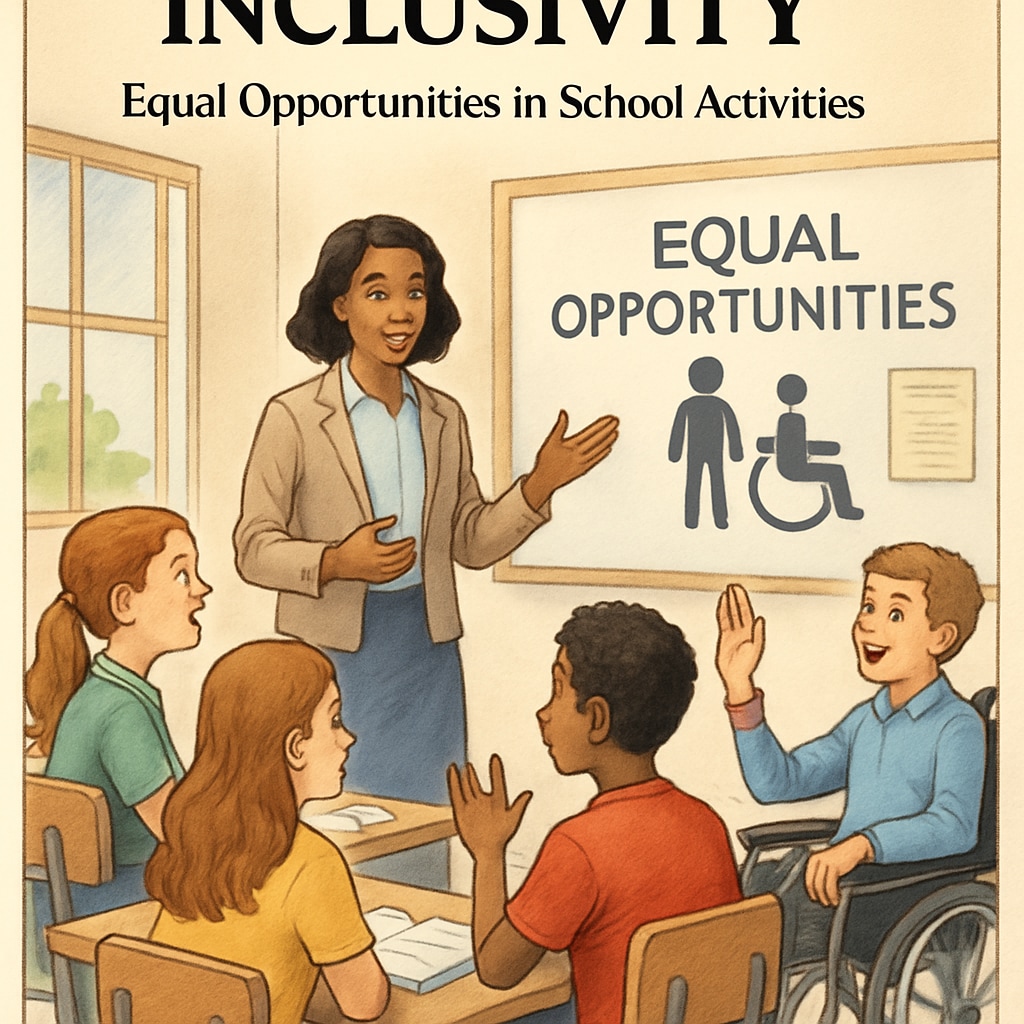School fundraising, economic discrimination, and children’s activities often intersect in ways that many fail to recognize. Tiered fundraising models—where students receive rewards or privileges based on the amount of money they raise—may seem harmless at first. However, these practices can inadvertently create divisions among students, undermining the principles of equality and inclusion that schools aim to uphold. As children develop their sense of identity and social belonging, these events can leave lasting psychological and social impacts.
How Tiered Fundraising Models Create Economic Barriers
Fundraisers that reward students based on monetary contributions often fail to account for the diverse economic backgrounds of families. For example, a school might offer exclusive experiences such as a “VIP lunch” or “special field trip” to top fundraisers, leaving others to watch from the sidelines. This creates a sense of exclusion for children whose families cannot afford to contribute at high levels, reinforcing economic disparities and potentially damaging self-esteem.
Moreover, these practices can lead to the unintended consequence of students equating their self-worth with their ability to raise money. In a school environment meant to foster collaboration and unity, such tiered systems can instead promote competition, resentment, and a sense of inadequacy among students.

The Psychological Impact on Children
Children are particularly sensitive to issues of fairness and belonging. When fundraising activities highlight economic differences, they can contribute to feelings of shame or isolation. Research has shown that early experiences of exclusion can have long-term effects on mental health and social development. For example, children excluded from fundraising rewards might feel less valued by their peers and school community, leading to lower self-confidence and a diminished sense of school connectedness.
Additionally, these practices can perpetuate stereotypes about wealth and success. When students see that higher contributions lead to greater rewards, they may internalize the idea that money is the primary measure of value and achievement. This can distort their understanding of fairness and equity, values that schools are ideally positioned to teach.

Rethinking School Fundraising for Inclusivity
To address these issues, schools must adopt more inclusive fundraising strategies. Here are some suggestions:
- Group-based rewards: Instead of individual incentives, offer rewards that benefit the entire school or class. This encourages teamwork and ensures that no child feels left out.
- Non-monetary contributions: Allow families to contribute time, skills, or resources instead of money. This widens participation opportunities and values diverse forms of support.
- Transparent communication: Clearly explain the purpose of the fundraiser and how the funds will be used. This helps families feel more connected to the cause, regardless of their financial capacity.
- Flat participation fees: For events like field trips, consider implementing a sliding scale or flat fee structure, ensuring that all students can participate equally.
By making these shifts, schools can create a fundraising environment that prioritizes unity and inclusion over competition and economic stratification.
Conclusion: Prioritizing Equality in Education
School fundraising, economic discrimination, and children’s activities should never be intertwined in a way that harms students. While fundraising is an essential tool for many schools to meet financial needs, the methods used must align with the broader educational mission of fostering equity and inclusion. By rethinking tiered fundraising models and adopting more inclusive practices, schools can ensure that every child feels valued and supported, regardless of their economic background.
Ultimately, the goal of education is to provide equal opportunities for all students. Schools must recognize the unintended consequences of their fundraising strategies and take proactive steps to create a more equitable environment for every child.


